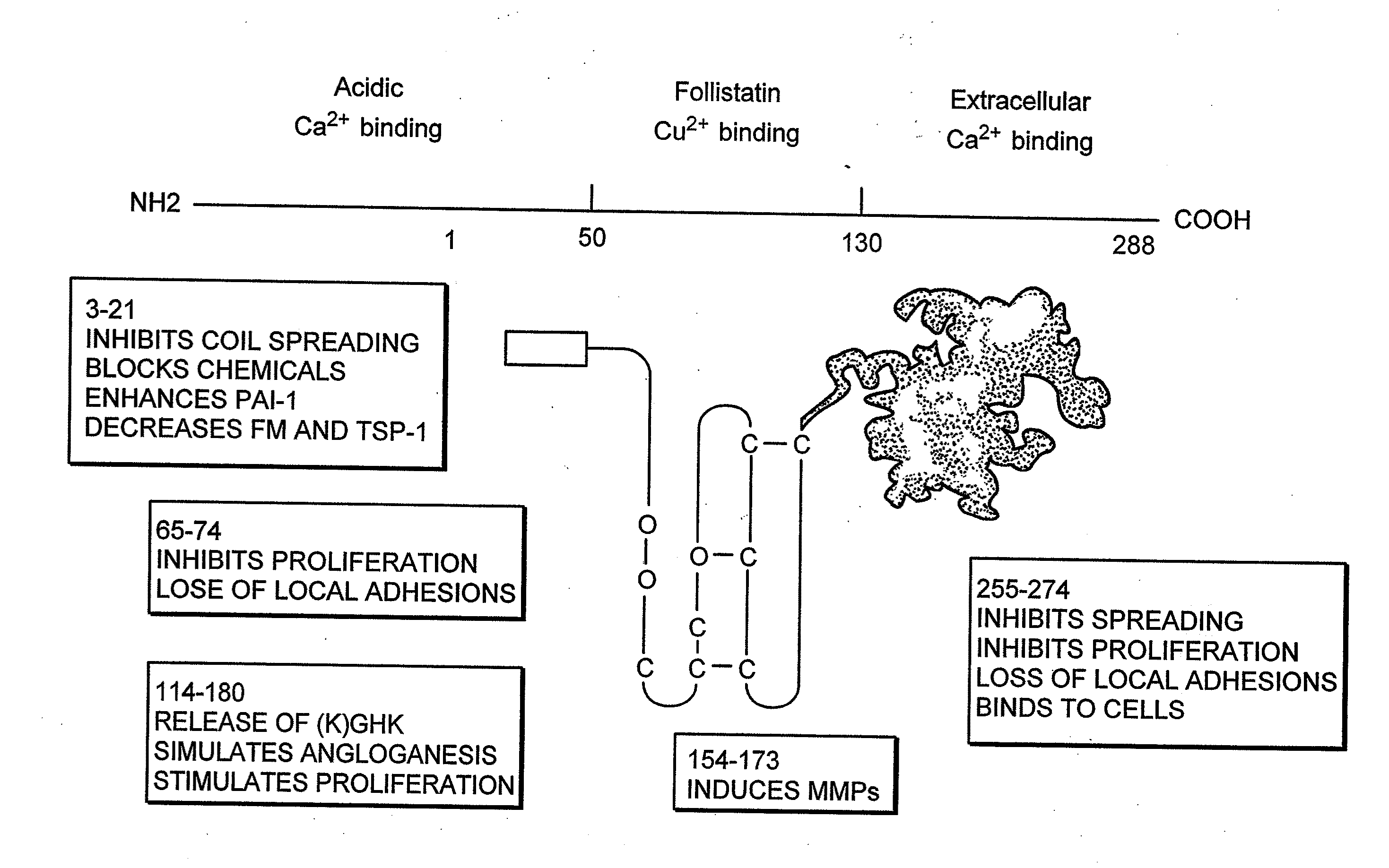Cancer therapy sensitizer
a sensitizer and cancer therapy technology, applied in the field of cancer therapy sensitizing compositions and methods, can solve the problems of relatively low expression levels of mdr genes, inability to explain only complex mechanisms involved in the resistance to therapeutic agents, so as to increase the strength of the therapeutic treatment and increase the response to treatment
- Summary
- Abstract
- Description
- Claims
- Application Information
AI Technical Summary
Benefits of technology
Problems solved by technology
Method used
Image
Examples
example 1
Materials and Methods
[0330]Cell Culture—The colorectal cell line MIP-101 was maintained in Dulbecco's modified Eagle's medium (DMEM) (Invitrogen) supplemented with 10% fetal bovine serum (FBS) (Invitrogen), 1% penicillin / streptomycin (Invitrogen) at 37° C. and 5% CO2. Resistant MIP101 cells were developed following long-term incubation with incremental concentrations of 5-fluorouracil (5-FU), irinotecan (CPT-11), cisplatin (CIS), and etoposide (ETO). Stable MIP101 cells transduced with SPARC (MIP / SP) were maintained in DMEM supplemented with 10% FBS, 1% penicillin / streptomycin, and 0.1% Zeocin at 37° C. and 5% CO2.
[0331]Analytical Reverse Transcription-Polymerase Chain Reaction—Total RNA was extracted from cultured cells (2×106 cells, 75% confluence) using TRIZOL reagent (Invitrogen) according to the manufacturer's protocol. RT-PCR was performed using a commercially available kit (BD Biosciences) following the manufacturer's protocol using 1 ug of total RNA. The specific primers use...
example 2
SPARC Expression in Chemotherapy Resistant Cells
[0339]Two chemotherapy resistant clones (MIP-5FUR and MIP-ETOR), as supported by colony formation assays (FIG. 3) and TUNEL assay (FIG. 4), were used for the detection of SPARC in chemotherapy resistant cells. Microarray analysis identified a number of genes underexpressed in the resistant cells, including SPARC.
[0340]Underexpression at the gene expression level also translated into lower levels of SPARC protein levels in the chemotherapy resistant cell lines (FIG. 5A). This feature was not unique to the resistant cell lines developed solely for the purposes of the current study, since another well established uterine sarcoma cell line, MES-SA, also showed decreased expression of SPARC when it is resistant to a different chemotherapeutic agent, doxorubicin. (FIG. 5B). Furthermore, in normal human pathological samples, SPARC protein expression appears to be highest in the villi, with a decreasing gradient towards colonic crypts. This va...
example 3
SPARC Polypeptide Sensitizes Resistant Cells to 5-FU Treatment
[0343]In order to further delineate this potential role, we assessed the response of the resistant MIP101 cells (FIG. 6) to exogenous SPARC in reversing the resistant phenotype. As indicated by initial experiments, MIP101 cells resistant to 5-FU (MIP-5FUR) could not be triggered to undergo apoptosis with 5-FU at a concentration of 500 uM, while a significant number of cells from the parental, sensitive cell line underwent apoptosis following exposure to a similar concentration of 5-FU. A significant finding was observed with exogenous exposure of resistant cells with SPARC: incubation of the resistant clones with SPARC for a 24-hr period followed by a 12-hr exposure to a chemotherapeutic agent was sufficient in reversing the resistant phenotype, as apoptotic cells were once again detected by TUNEL assay in cells exposed to concentrations of chemotherapy that previously did not stimulate cell death. Incubation with exogeno...
PUM
 Login to View More
Login to View More Abstract
Description
Claims
Application Information
 Login to View More
Login to View More - R&D
- Intellectual Property
- Life Sciences
- Materials
- Tech Scout
- Unparalleled Data Quality
- Higher Quality Content
- 60% Fewer Hallucinations
Browse by: Latest US Patents, China's latest patents, Technical Efficacy Thesaurus, Application Domain, Technology Topic, Popular Technical Reports.
© 2025 PatSnap. All rights reserved.Legal|Privacy policy|Modern Slavery Act Transparency Statement|Sitemap|About US| Contact US: help@patsnap.com



